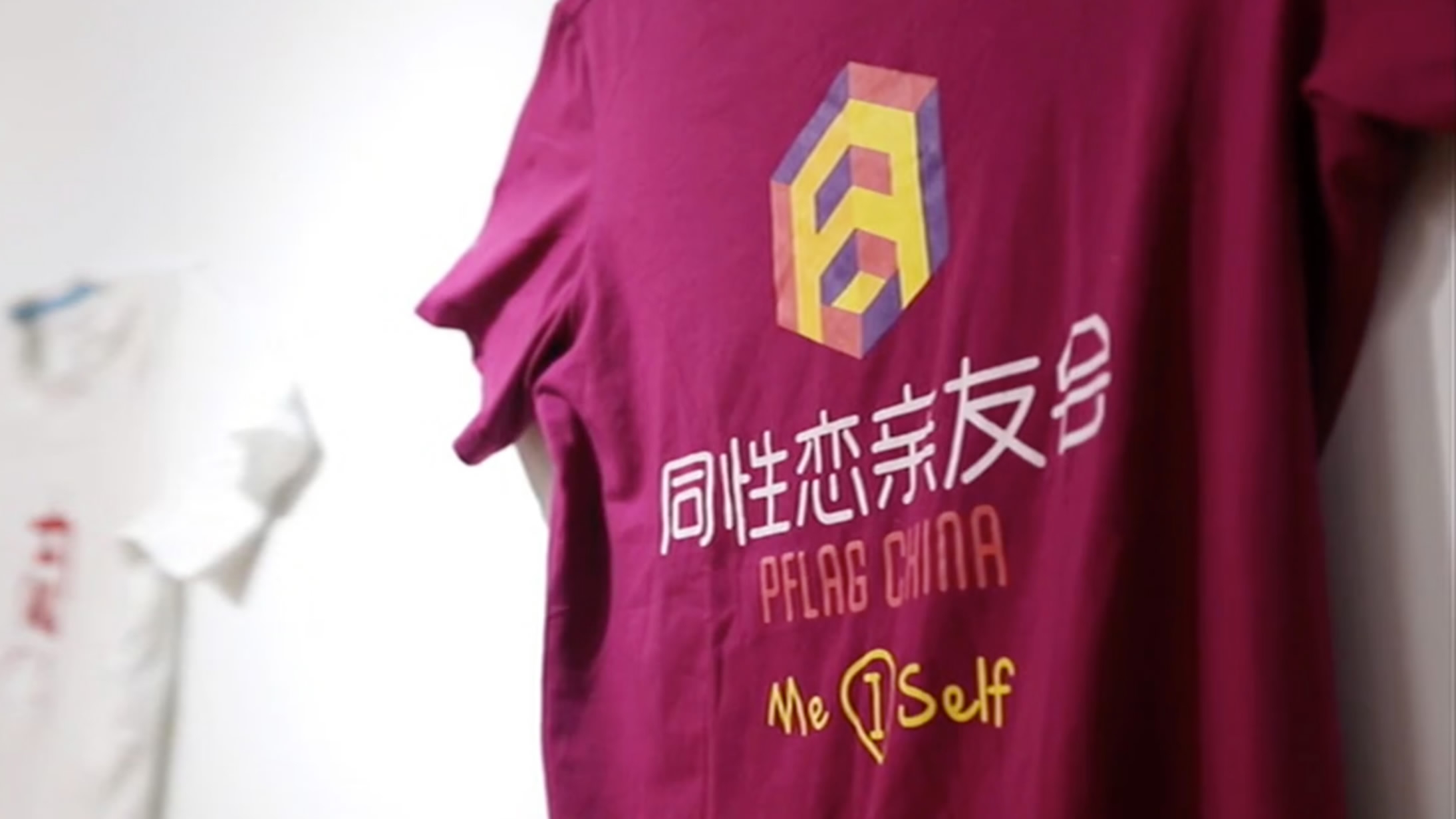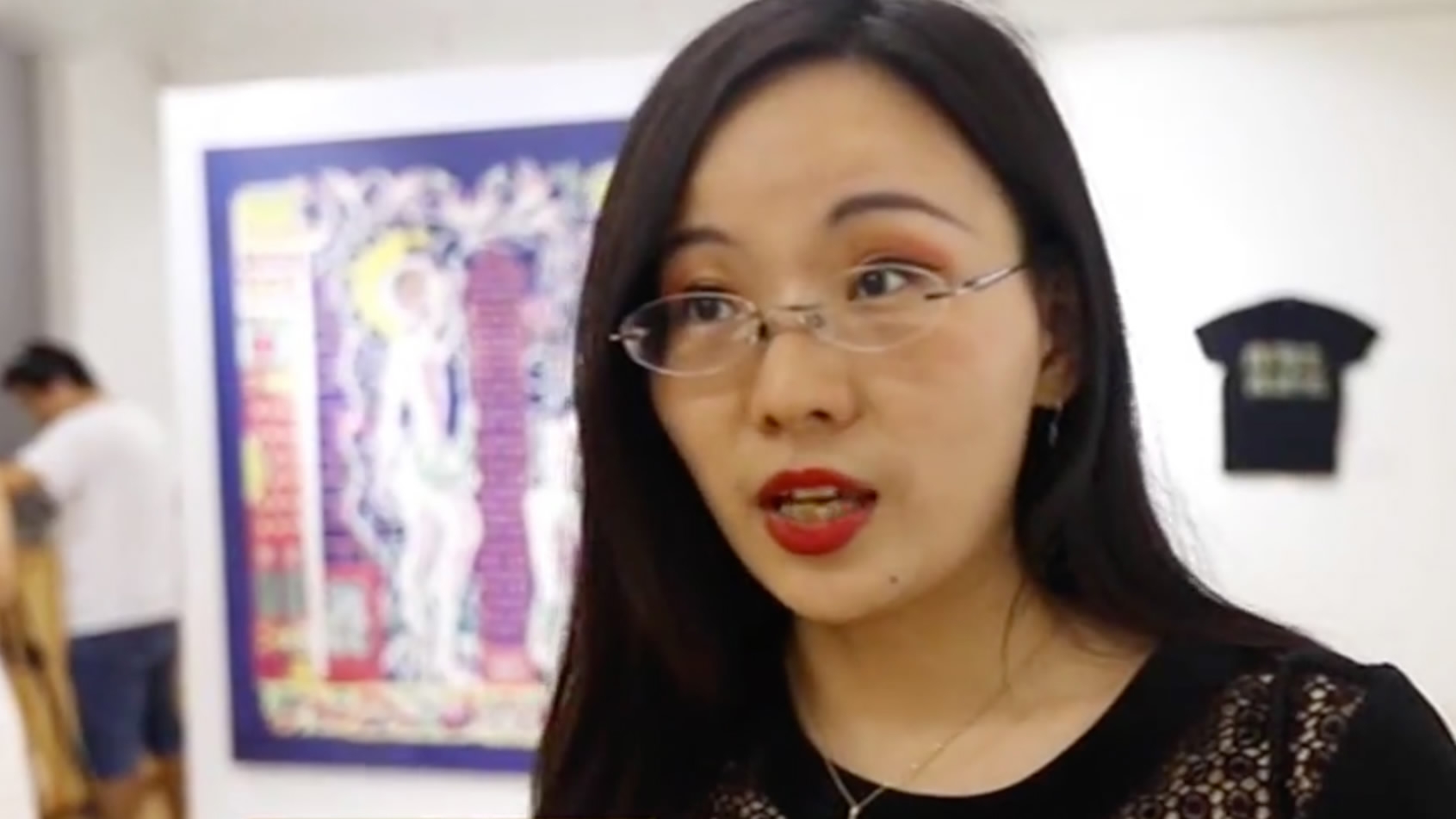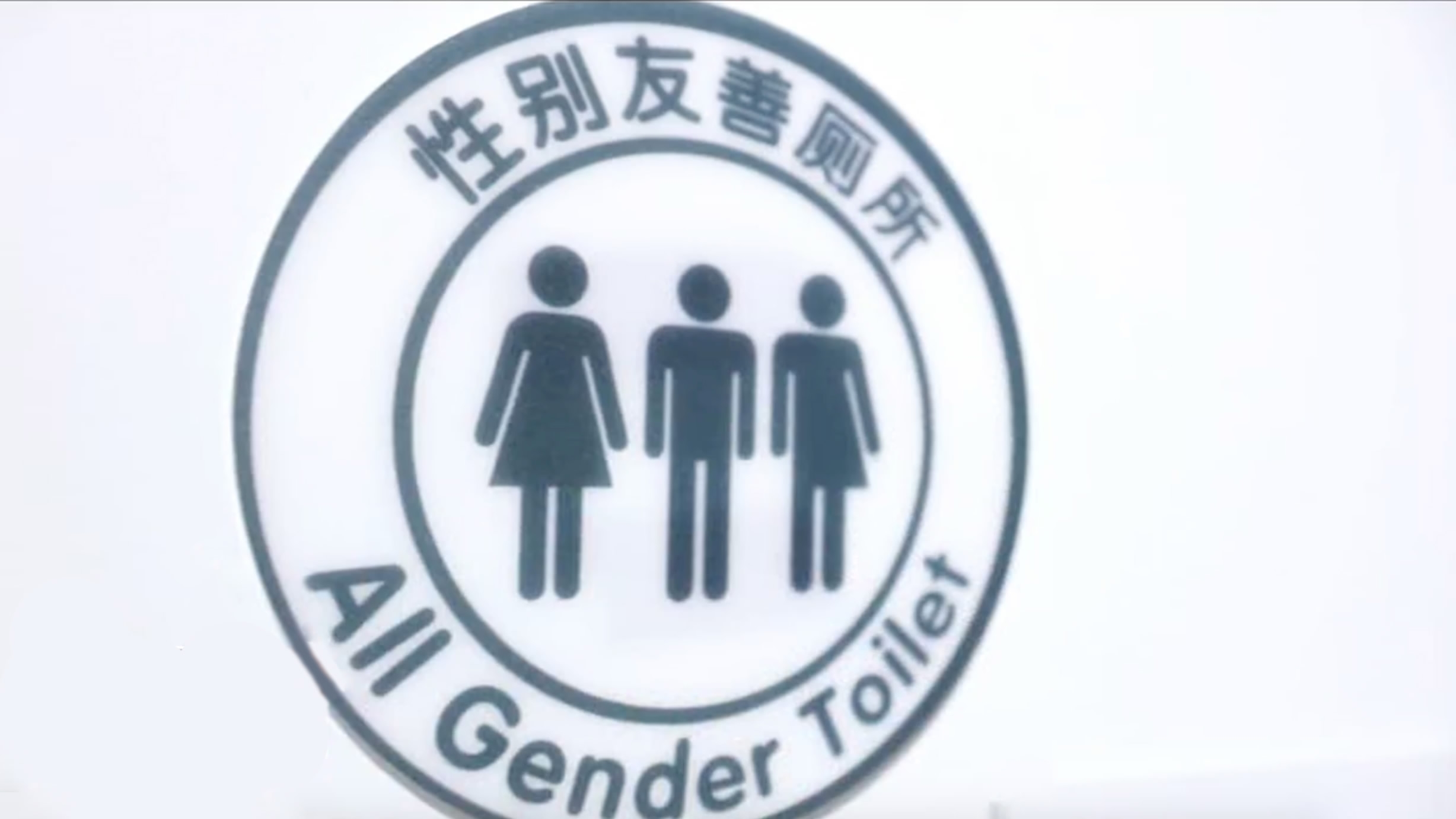
China
19:23, 08-Oct-2017
The Big Picture: China’s civil society gradually blooms
By CGTN's Wei Lynn Tang & Li Qiuyuan

Fundamentally a country with more traditional and deep-rooted values, China has seen its people more willing to speak up to fight for their rights, wants and needs. And one of these increasing civil engagements is the societal view on lesbian, gay, bisexual, transgender (LGBT) rights.
Thanks to the internet, which has brought about interconnection between people, this has created independent communities to hear and be heard. This includes the increasingly important role that non-governmental organizations (NGOs) and public interest groups play.
One is more likely to reveal and be comfortable with one’s true self when there's a sense of belonging and support.
Awareness increases
Much has indeed changed in China.
“Visibility has gone from zero to 100. People know the terms, people know there's a community, and it's really incredible to see how much has changed, like from within the community and also outside,” said Caterina Fugazzola, a Beijing expat.

The exhibition in Destination, the largest cultural center for LGBT communities in Asia in Beijing. /CGTN Photo
The exhibition in Destination, the largest cultural center for LGBT communities in Asia in Beijing. /CGTN Photo
Destination, the largest cultural center for LGBT communities in Asia, is holding a rare exhibition that aims to inspire change.
The exhibition showcases exhibits that carry stories from Beijing’s queer community, going back as far as the past 10 years.
Xin Ying, executive director at Beijing LGBT Center, has regarded the historical exhibition as a “milestone,” as it serves as a means to spread the understanding of the LGBT community.
In a society that follows the teachings of Confucianism, the focus lies on carrying on the family line.

Xin Ying, executive director at Beijing LGBT Center, /CGTN Photo
Xin Ying, executive director at Beijing LGBT Center, /CGTN Photo
When asked how China is positioned against this backdrop, Martin Yang, director at China AIDS Walk shared his recent experience boarding on China’s first ever LGBT cruise, where most of the 700 people on the ship were parents.
“They are trying to show their support and understanding to China’s LGBT. So clearly there is a turn in the major society,” Yang said.
Ensuring sustainability of the LGBT community
How does one ensure that the LGBT community can be preserved, and continue to grow, for many more years to come?
Yang believes the first step is to help LGBT people become more "self-acceptant." By doing this, Yang says, "they can be more okay with who they are, and then we can gradually create a space where people can really show who they are.”
Xuemeng Yao, the exhibition's curator, believes the exhibition is able to stimulate critical thinking and subsequently influence the society at large.

CGTN Photo
CGTN Photo
A country may face challenges of increasing disparity in many things as it grows rapidly.
Political scientist Yu Keping, a former deputy director of the CPC’s Central Compilation and Translation Bureau, explained civil society as a “community” formed independently by citizens who awaken to their legal rights and join together to defend them.
Shaonan Xi, also an exhibition curator, put it nicely: “As a humanities student, I’m more interested in issues of representation; problems of invisibility or visibility… I want to see LGBT communities representing themselves, instead of being talked about, discussed or prescribed.”

SITEMAP
Copyright © 2018 CGTN. Beijing ICP prepared NO.16065310-3
Copyright © 2018 CGTN. Beijing ICP prepared NO.16065310-3